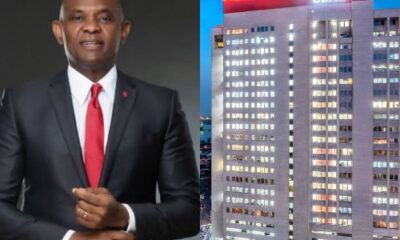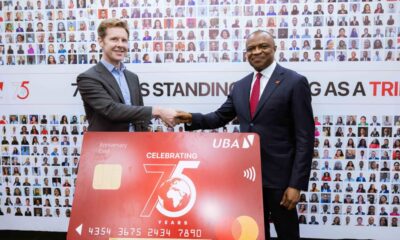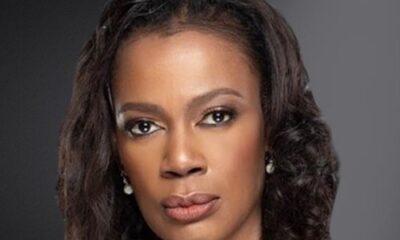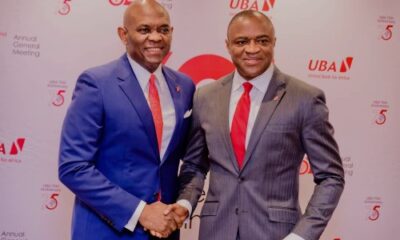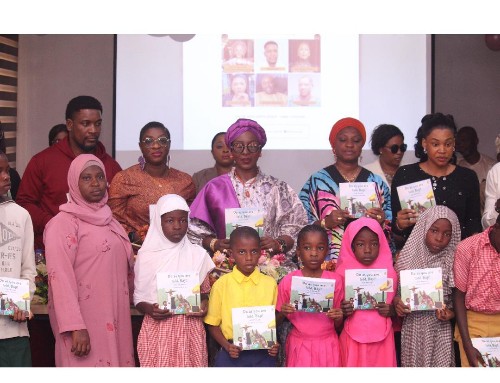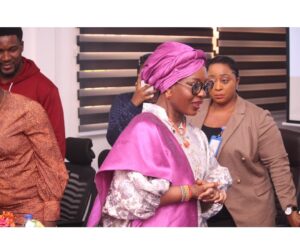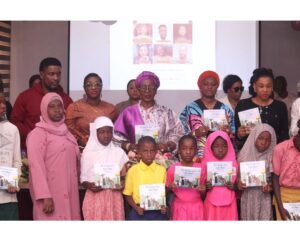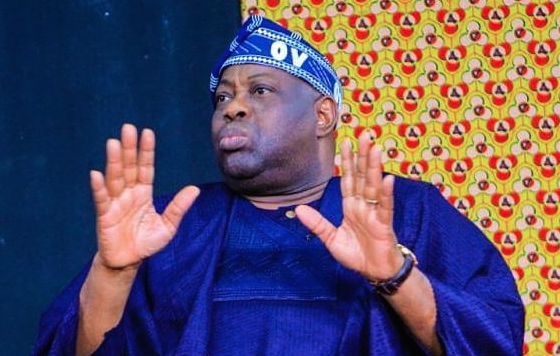UBA America, the United States subsidiary of Pan African financial institution, United Bank for Africa (UBA) Plc, has pledged its continued commitment to facilitating trade and investment between North America and the African continent.
Speaking on Thursday from the Bank’s office in New York, the Chief Executive Officer, UBA America, Ms. Sola Yomi-Ajayi, disclosed that the bank’s major focus and strategy is to enable the flow of development capital, in line with its commitment to supporting companies achieve their aims of international trade between both continents.
UBA America is the only sub-Saharan African bank licensed to operate a bank in the United States of America (USA) and armed with the fact that its parent company, UBA Group has operations in over 19 African countries and major financial capitals, continuously hinging on its pan-African strength and global connectivity to support African and international businesses.
Speaking specifically on the subsidiaries’ activities and how UBA America has worked to solidify ease of operations of businesses, multinationals, and parastatals in diaspora, Yomi-Ajayi explained that the bank ramped up its services and invested in necessary technology needed to propel the business growth of these organizations.
She said, “At UBA America, we deliver treasury, trade finance, and correspondent banking solutions to a broad range of customers, including Sovereign and central banks; Corporates, Financial institutions, Foundations, and Multilateral and development organizations.
“Over time, we have leveraged our knowledge, capacity, and unique position as part of the international banking group – UBA Plc – as we seek to provide exceptional value to our customers around the world,” Yomi-Ajayi said.
With its specific focus on being an enabler of international development organizations, she noted that UBA and indeed UBA America has been working with Corporate entities, financial institutions, and development organizations on the continent, across the bank’s footprints, leveraging digital banking solutions to meet their needs.
Continuing, she said, “Our focus viz-a-viz our presence in the US is to support American institutions that are operating in Africa. We work with these institutions to achieve their Corporate Goals on the continent, through the provision of innovative Trade, payments, correspondent banking, and treasury solutions.
It is no wonder therefore that UBA America’s CEO, Yomi-Ajayi who has headed the bank’s United States operations for several years, was appointed alongside 10 other members into the United States Export-Import Bank (US EXIM) Sub-Saharan Africa Advisory Committee. Among other activities, the committee is expected to advise the EXIM Board on the development and implementation of policies and programmes designed to promote its’s activities in sub-Saharan Africa.
United Bank for Africa Plc is a leading Pan-African financial institution, offering banking services to more than twenty-one million customers, across over 1,000 business offices and customer touchpoints, in 20 African countries. With a presence in the United States of America, the United Kingdom, and France, UBA is connecting people and businesses across Africa through retail; commercial and corporate banking; innovative cross-border payments and remittances; trade finance and ancillary banking services”

 BIG STORY5 days ago
BIG STORY5 days ago
 BIG STORY3 days ago
BIG STORY3 days ago
 BIG STORY4 days ago
BIG STORY4 days ago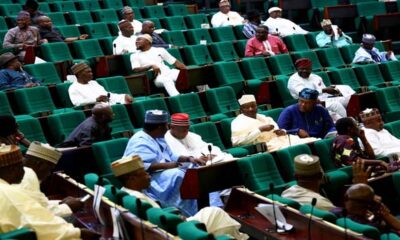
 BIG STORY5 days ago
BIG STORY5 days ago
 BIG STORY3 days ago
BIG STORY3 days ago
 BIG STORY1 day ago
BIG STORY1 day ago
 BIG STORY1 day ago
BIG STORY1 day ago
 BIG STORY1 day ago
BIG STORY1 day ago









